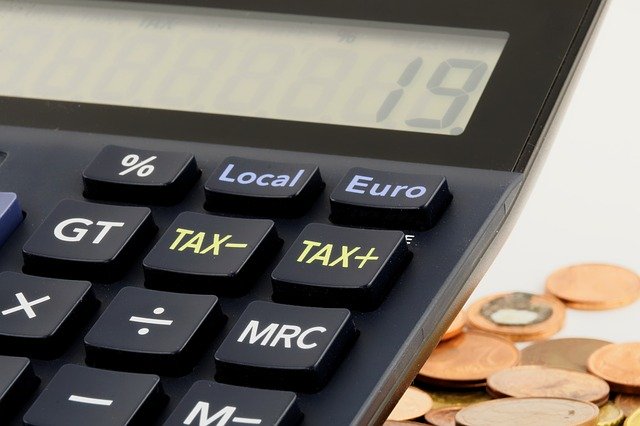Order of the High Court of Allahabad
[dated 14.08.2024, in Anil Rice Mill v. State of U.P., from Writ Tax no. 886 of 2023]
The petitioner claimed input tax credit (ITC) on purchase of certain commodities on the basis of tax invoices and e-way bills. The department alleged that such ITC was availed based on forged tax invoices without physical movement of goods.
The petitioner had only brought on record the tax invoices, e-way bills, and payment through banking channel. However, details such as payment of freight charges, acknowledgement of taking delivery of goods, toll receipts and payment thereof have not been provided. In the absence of these documents, the actual physical movement of goods and genuineness of transportation as well as transaction cannot be established. In such circumstances, furthered by no proof of filing of GSTR 2A having been brought on record, it was held that the proceeding has rightly been initiated against the petitioner.
The Hon'ble Apex Court too, in State of Karnataka v. M/s Ecom Gill Coffee Trading Private Limited (Civil Appeal No. 230 of 2023, decided on 13.03.2023), while considering the pari materia of section 70 of the Karnataka Value Added Tax Act, 2003, had held that primarily burden of proof for claiming ITC is upon the recipient dealer to furnish the details of selling dealer, vehicle number, payment of freight charges, acknowledgement of taking delivery of goods, tax invoices and payment particulars etc. to prove and establish the actual physical movement of the goods. Further, mere submission of tax invoice, e-way bill, GR or payment details is not sufficient.
Comments
Most of the registered persons are under the belief that mere existence of invoices, e-way bills and proof of payment is sufficient to claim ITC. However, decisions like these throw light on the importance of retention of the consignment note and proof of payment of freight charges to the transporter.


